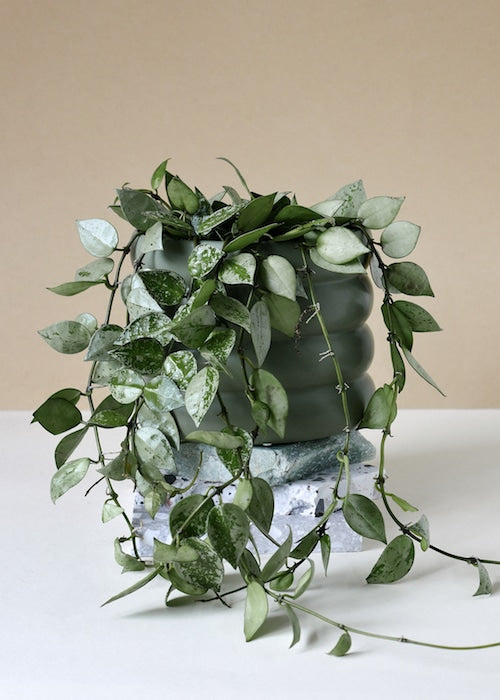
by Plant Circle
Hoya Care Tips
Hoya, often called Wax Plants, are resilient climbers with fragrant flowers and fleshy leaves. Learn the care essentials that help these beauties thrive and bloom indoors!
Across the EU
60€ in Germany | 100€ Europe*
Founded 2017 in Berlin
Across the EU
60€ in Germany | 100€ Europe*
Founded 2017 in Berlin
Across the EU
60€ in Germany | 100€ Europe*
Founded 2017 in Berlin


Behold the Hoya Carnosa Compacta Baby, a rare and captivating gem from the heart of Europe. This petite succulent is a true sight to behold, with its curvaceous leaves and lush, trailing growth habit. Raised with love in our premium indoor plant shop, the Hoya Carnosa Compacta Baby is a testament to the timeless beauty and enduring appeal of indoor gardening. A perfect addition to your plant family or an exceptional gift for the plant enthusiast in your life.
The Hoya Carnosa Compacta Baby is renowned for its stunning variegation and rope-like growth habit. Native to Eastern Asia and Australia, this plant is a favorite among collectors for its distinctive appearance and easy-care nature.
Class: Magnoliopsida
Latin name: Hoya Carnosa Compacta
Common names: Hindu rope plant, Wax plant
This plant is ideal for hanging baskets or high shelves where its trailing growth can be fully appreciated. Its compact size also makes it perfect for desks or small tables.
cancel Sold out
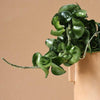
Hoya Carnosa Compacta Baby by Plant Circle
Shipping Information
expand_moreSee our FAQ and Shipping Guarantee for any further Questions!
Beautiful plants and excellent customer service
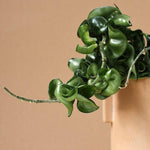
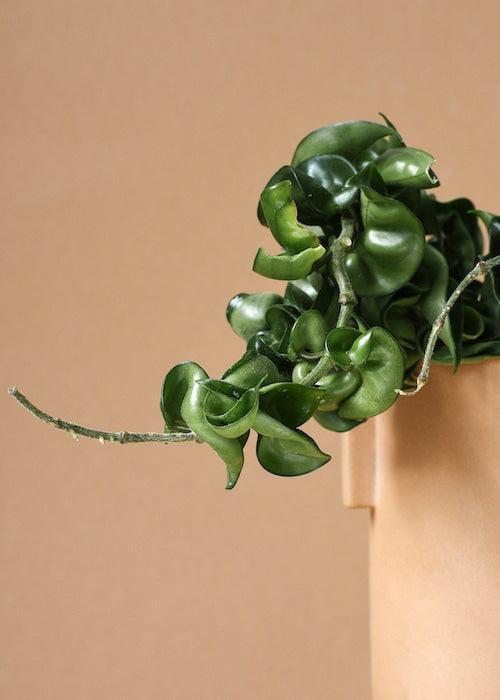
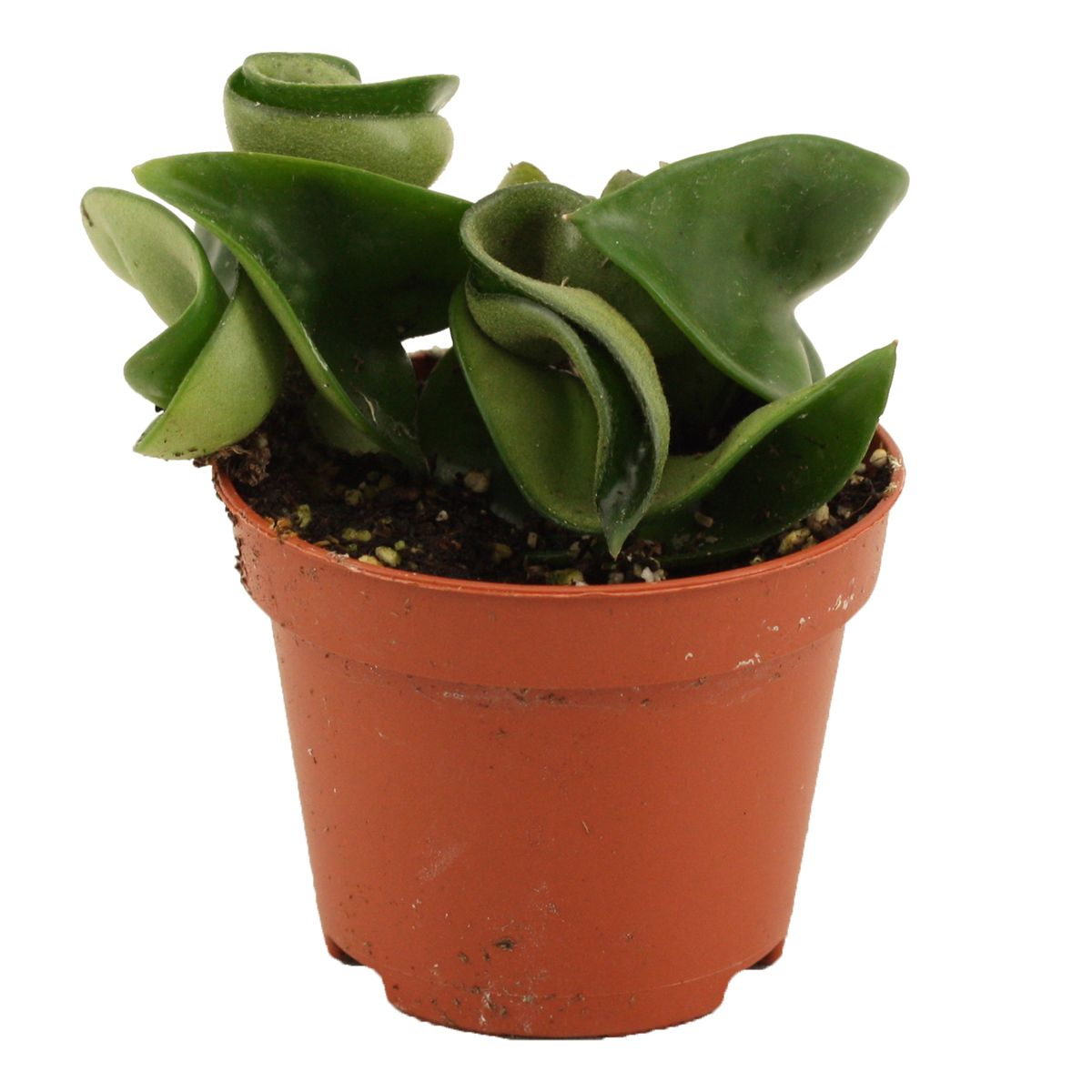
We have answers!
See answers to some common questions.
Can you ship my order at a later date?
expand_moreWhere are orders dispatched from?
expand_moreWill I receive an invoice for my order?
expand_moreBe the first to know about newly stocked plants and accessories, sales and exclusive offers.